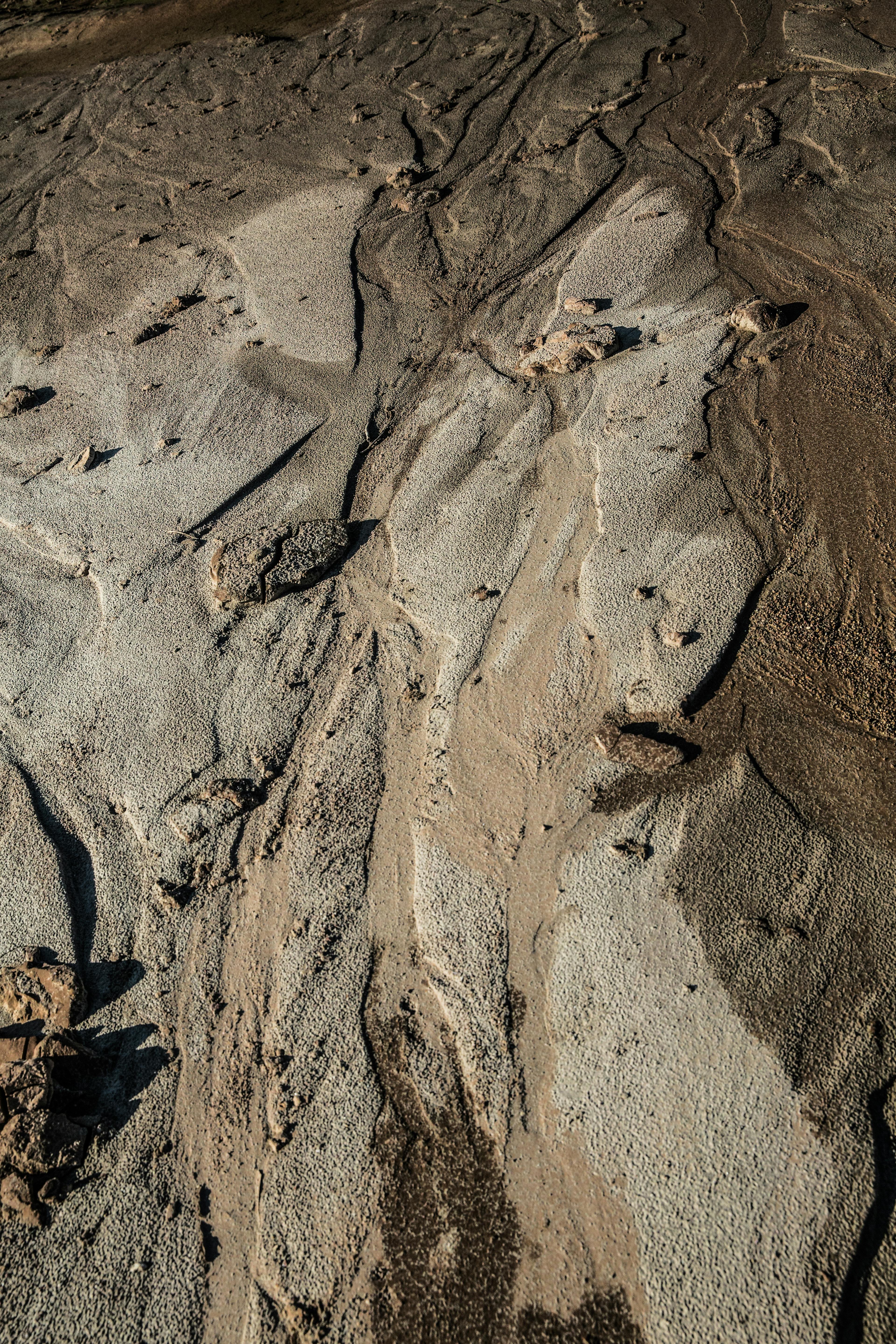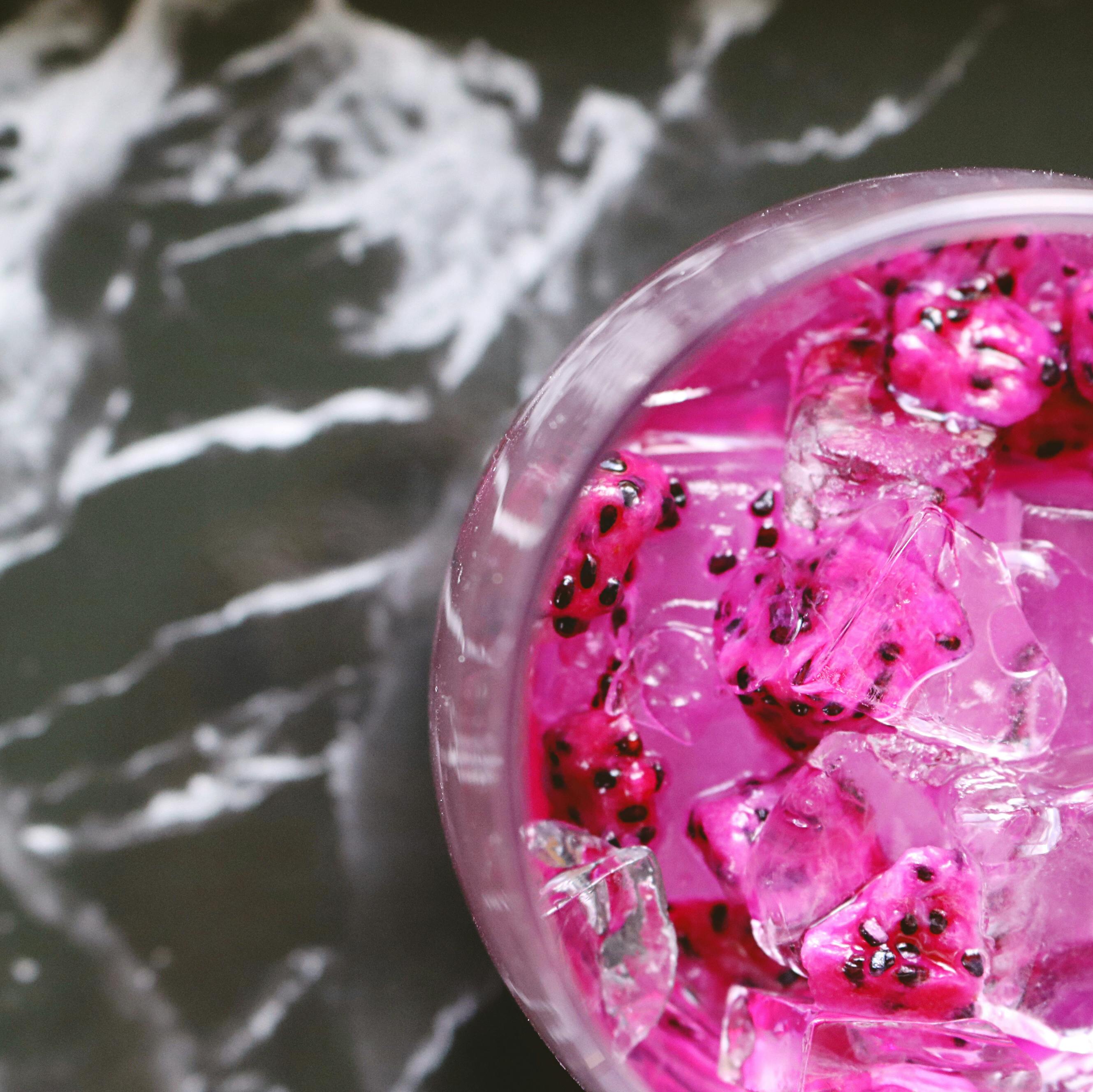How to Properly Clean Your Retainers: 5 Effective Methods for a Fresh Smile in 2025
Maintaining good oral hygiene is essential for everyone, especially if you wear dental appliances like retainers. Knowing the best methods for cleaning retainers will help you preserve their functionality and ensure a fresh smile. In this article, we will explore five effective methods for keeping your retainers clean and tips for maintaining proper retainers hygiene.
Understanding Retainers and the Importance of Cleaning
Retainers are custom dental appliances designed to keep your teeth in place after orthodontic treatment. They can be made from various materials, including plastic and metal. Over time, these materials can accumulate plaque and bacteria, leading to bad breath and potential health issues. Understanding the importance of retainers cleaning practices will help you develop a regular maintenance routine. It's crucial to clean your retainers daily and to know how often to clean retainers thoroughly. This ensures you not only have a functional tool for maintaining your beautiful smile but also one that promotes overall oral health.
Signs You Need to Clean Your Retainers
Monitoring your retainers' condition is part of effective **retainers maintenance**. If you notice discoloration, a foul smell, or a gritty texture, these are signs your retainers urgently need cleaning. Additionally, residue build-up like food particles signals the need for immediate attention. Inspect your retainers weekly for signs of buildup to avoid discomfort and ensure they remain in optimal condition. Understanding these indicators can help prevent more severe health issues and maintain good **retainer hygiene**.
Cleaning Techniques for Different Types of Retainers
There are varied cleaning techniques tailored for different **retainer types**. For example, plastic retainers can often be cleaned with a simple soak in a denture cleaner, whereas metal retainers might require a gentle approach with a soft brush to avoid damaging the materials. Understanding your retainer's materials is vital, as each has distinct cleaning needs. Through the discerning use of cleaning solutions, you can avoid discoloration and maintain a fresh appearance for your retainers.
Best Practices for Retainer Cleaning
To maintain optimal **retainer care**, it is essential to establish a consistent cleaning routine. Begin with gently brushing your retainers using a **soft brush for retainers** and mild soap, rinsing thoroughly afterward. Regular use of a **cleaning solution for retainers** can also be beneficial. Implementing a soaking schedule with specialized cleaning tablets once or twice a week can help to remove stubborn stains and keep your retainers looking their best.
Effective Cleaning Methods for Your Retainers
There are a myriad of effective methods available for cleaning retainers, and each can be equally effective depending on your preference and available materials. Here, we delve into five practical approaches that you can easily incorporate into your daily routine.
1. Cleaning Retainers with Baking Soda
Baking soda is a fantastic natural remedy for cleaning retainers. It helps neutralize odors and assists in removing soft plaque. To use this method, mix equal parts baking soda and water to create a paste. Apply the paste to your retainers using a soft toothbrush, focusing on hard-to-reach areas to ensure thorough cleaning. This method is highly effective in maintaining your **retainers' cleanliness** without damaging their material.
2. Cleaning Retainers with Vinegar
For those looking for a simple DIY cleaning solution, vinegar can be an effective cleaning agent. Mix one part vinegar with three parts water. Soak your retainers in this solution for about 30 minutes. Make sure to rinse them thoroughly with water afterward to remove any remaining vinegar scent. This method can notably enhance your retainers' shine while disinfecting them, ensuring good **retainers hygiene**.
3. Using Specialized Retainer Cleaners
Investing in specialized **retainer cleaning products** can greatly simplify your cleaning routine. Many brands offer cleaning tablets, powders, or sprays that effectively eliminate bacteria and odors. Follow the instructions on the packaging to ensure optimal results. These products are designed with dental appliances in mind, making them a safe and efficient choice for enhancing your daily **retainer care**.
Daily Care and Maintenance for Retainers
Incorporating a regular **retainer cleaning routine** into your lifestyle is essential for maintaining a silver lining smile. Here are some daily practices that will assist in keeping your retainers fresh.
Daily Cleaning Routine for Retainers
During your oral hygiene routine, be sure to include your retainers. Brush them gently with a **soft brush** in the morning and evening. Rinse them BEFORE placing them back in your mouth. Avoid using toothpaste or harsh soaps, as these can damage the materials over time. Following these practices will keep your retainers fresher and cleaner.
Precautions When Cleaning Retainers
While cleaning your retainers, it's essential to avoid harmful products, such as bleach, hand soap, and even some types of mouthwash which can lead to discoloration. Be selective about the cleaning supplies you use to prolong the lifespan of your retainers and maintain their functionality.
How to Store Retainers Properly
Proper storage is a critical aspect of retainer care. When not wearing them, ensure your retainers are placed in a **portable retainer case** to protect them from dust and damage. Store them in a cool, dry area; avoid exposure to intense heat. This practice can help keep your **retainers maintenance** efficient and hassle-free.
Key Takeaways
- Establish a **daily retainer cleaning** routine, including brushing and rinsing.
- Utilize effective **cleaning methods** such as baking soda, vinegar, and specialized cleaners.
- Avoid harmful products that can damage retainers. Stick to recommended cleaning practices.
- Store retainers in a protective case when not in use.
- Monitor your retainers for signs of wear or buildup to ensure functionality.
FAQ
1. How often should you clean retainers?
It is recommended to clean your retainers daily to prevent plaque buildup and odor. For deep cleaning, incorporate methods like soaking in cleaning solutions once or twice a week.
2. Can you use mouthwash to clean retainers?
Using mouthwash for cleaning retainers is generally not recommended, as it can contain harmful ingredients. Stick to gentle solutions specifically designed for retainers.
3. What’s the best way to clean plastic retainers?
The best way to clean plastic retainers is to brush them with a soft toothbrush and non-abrasive cleaner, followed by soaking in water and baking soda or vinegar for an effective deep clean.
4. How should I store my retainers?
Store your retainers in a proper retainer case in a cool, dry place. Avoid exposure to heat, as it can warp the retainer’s shape.
5. What cleaners should be avoided for retainers?
Avoid cleaners containing bleach, alcohol, or harsh abrasives. Instead, opt for hypoallergenic, alcohol-free cleaning products designed explicitly for dental appliances. This ensures the longevity of your retainers without causing damage.


